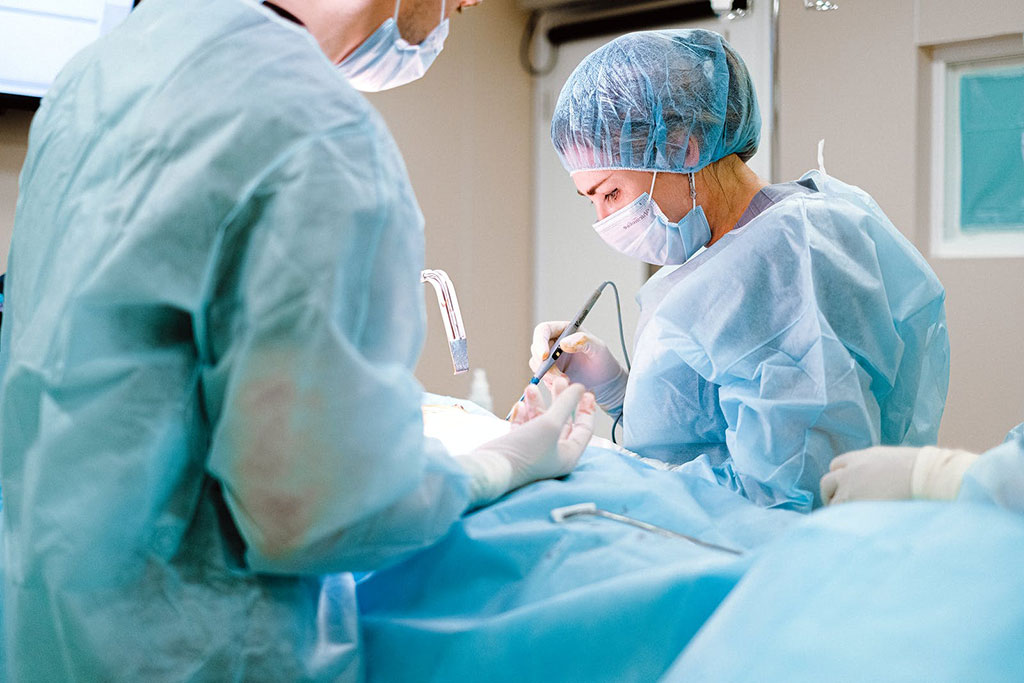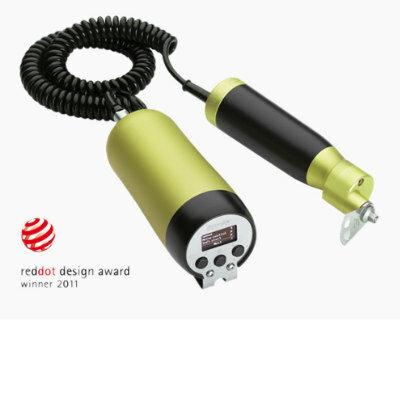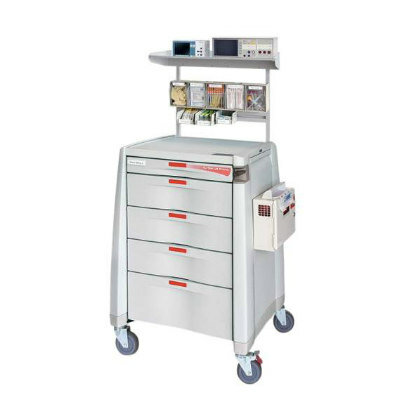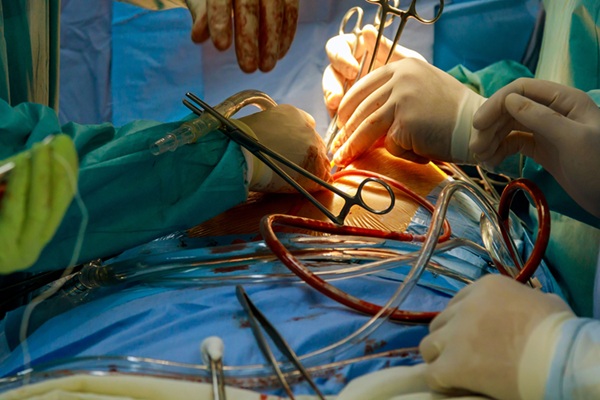Capsule Endoscopy System Market Driven by Rising Preference for Minimally Invasive Screening Procedure
|
By HospiMedica International staff writers Posted on 04 Aug 2022 |

Capsule endoscopy is generally a non-invasive technique that enables complete examination of the gastrointestinal tract with the use of the disposable and wireless device known as the video capsule. The device is equipped with a light source, transmitter, battery, and camera. The video capsule captures the images in the small intestine, stomach, and esophagus that are further used to diagnose gastrointestinal diseases. The global capsule endoscopy system market is expanding at a rapid pace due to the rising demand for the procedure using minimally invasive diagnostic techniques, increase in the introduction of technologically advanced capsules, growth in the geriatric population, and rising prevalence of cancer around the world.
These are the latest findings of TMR Research (San Francisco, CA, USA), a provider of market research and consulting services.
Capsule endoscopy systems generally include software, sensor, data recorder, and work station, which are used in order to integrate them with wireless capsules. Further, a data recorder is a device that is worn around a patient’s waist in order to transmit the data through sensors that are captured by a video capsule. The data recorder can locate the movement and position of the capsule that is the inside stomach. Going forward, technologically advanced and innovative products are likely to gain commercialization due to growing R&D activities for product development. This is expected to provide further growth impetus to the global capsule endoscopy system market in the near future. However, the risks of capsule retention, limited reimbursement, and high endoscopy treatment costs are expected to limit market growth.
Geographically, Europe, LAMEA, Asia Pacific, and North America are the world’s most lucrative markets for capsule endoscopy systems. North America is expected to dominate the global capsule endoscopy system market due to the growing preference for minimally invasive screening procedures, increasing number of technologically advanced systems and products, and improvement in healthcare infrastructure in the region.
Related Links:
TMR Research
Latest Business News
- Expanded Collaboration to Transform OR Technology Through AI and Automation
- Becton Dickinson to Spin Out Biosciences and Diagnostic Solutions Business
- Boston Scientific Acquires Medical Device Company SoniVie
- 2026 World Hospital Congress to be Held in Seoul
- Teleflex to Acquire BIOTRONIK’s Vascular Intervention Business
- Philips and Mass General Brigham Collaborate on Improving Patient Care with Live AI-Powered Insights
- Arab Health 2025 Celebrates Landmark 50th Edition
- Boston Scientific Acquires Medical Device Company Intera Oncology
- MEDICA 2024 to Highlight Hot Topics of MedTech Industry
- Start-Ups To Once Again Play Starring Role at MEDICA 2024
- Boston Scientific to Acquire AFib Ablation Company Cortex
- Hologic Acquires Gynesonics to Strengthen Existing Gynecological Surgical Business
- Smith+Nephew and JointVue Partner on Ultrasound Preoperative Planning in Robotics-Assisted Surgery
- Stryker Completes Acquisition of NICO Corporation
- BD Completes Acquisition of Critical Care from Edwards Lifesciences
- ZOLL to Acquire Vyaire Medical’s Ventilator Business
Channels
Critical Care
view channel
Mechanosensing-Based Approach Offers Promising Strategy to Treat Cardiovascular Fibrosis
Cardiac fibrosis, which involves the stiffening and scarring of heart tissue, is a fundamental feature of nearly every type of heart disease, from acute ischemic injuries to genetic cardiomyopathies.... Read more
AI Interpretability Tool for Photographed ECG Images Offers Pixel-Level Precision
The electrocardiogram (ECG) is a crucial diagnostic tool in modern medicine, used to detect heart conditions such as arrhythmias and structural abnormalities. Every year, millions of ECGs are performed... Read moreSurgical Techniques
view channel
Bioprinted Aortas Offer New Hope for Vascular Repair
Current treatment options for severe cardiovascular diseases include using grafts made from a patient's own tissue (autologous) or synthetic materials. However, autologous grafts require invasive surgery... Read more
Early TAVR Intervention Reduces Cardiovascular Events in Asymptomatic Aortic Stenosis Patients
Each year, approximately 300,000 Americans are diagnosed with aortic stenosis (AS), a serious condition that results from the narrowing or blockage of the aortic valve in the heart. Two common treatments... Read more
New Procedure Found Safe and Effective for Patients Undergoing Transcatheter Mitral Valve Replacement
In the United States, approximately four million people suffer from mitral valve regurgitation, the most common type of heart valve disease. As an alternative to open-heart surgery, transcatheter mitral... Read morePatient Care
view channel
Portable Biosensor Platform to Reduce Hospital-Acquired Infections
Approximately 4 million patients in the European Union acquire healthcare-associated infections (HAIs) or nosocomial infections each year, with around 37,000 deaths directly resulting from these infections,... Read moreFirst-Of-Its-Kind Portable Germicidal Light Technology Disinfects High-Touch Clinical Surfaces in Seconds
Reducing healthcare-acquired infections (HAIs) remains a pressing issue within global healthcare systems. In the United States alone, 1.7 million patients contract HAIs annually, leading to approximately... Read more
Surgical Capacity Optimization Solution Helps Hospitals Boost OR Utilization
An innovative solution has the capability to transform surgical capacity utilization by targeting the root cause of surgical block time inefficiencies. Fujitsu Limited’s (Tokyo, Japan) Surgical Capacity... Read more
Game-Changing Innovation in Surgical Instrument Sterilization Significantly Improves OR Throughput
A groundbreaking innovation enables hospitals to significantly improve instrument processing time and throughput in operating rooms (ORs) and sterile processing departments. Turbett Surgical, Inc.... Read moreHealth IT
view channel
Printable Molecule-Selective Nanoparticles Enable Mass Production of Wearable Biosensors
The future of medicine is likely to focus on the personalization of healthcare—understanding exactly what an individual requires and delivering the appropriate combination of nutrients, metabolites, and... Read more
















